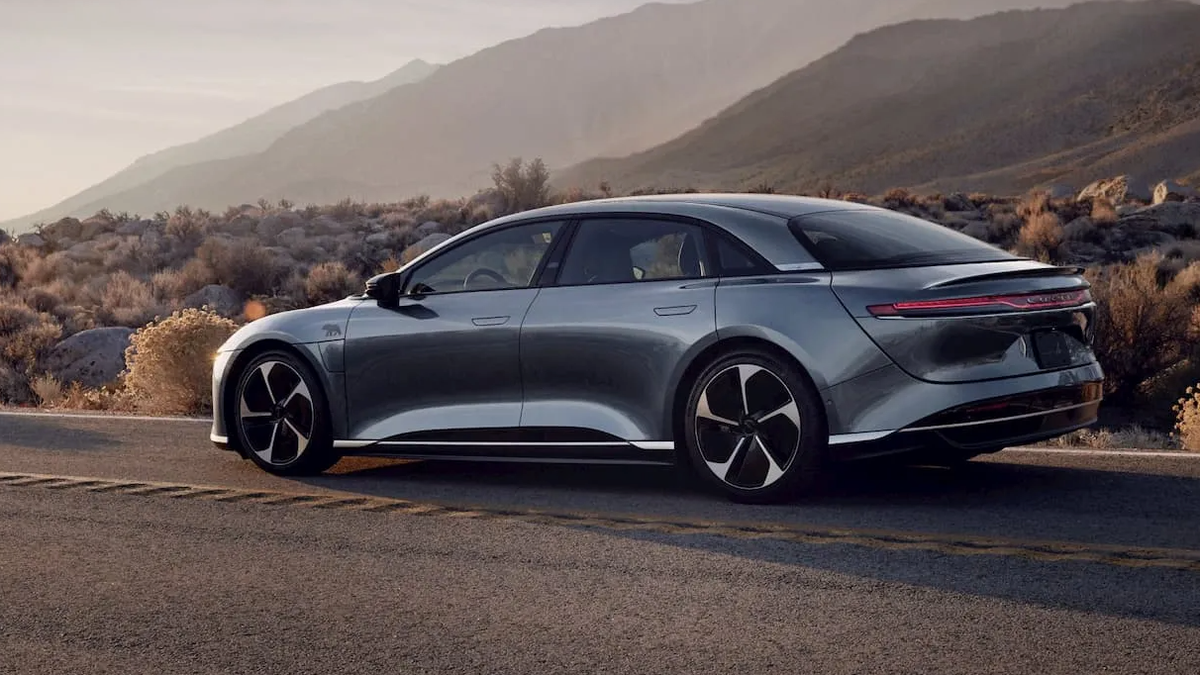One of the biggest hurdles to electric car proliferation is the cost. According to Cox Automotive new EVs are selling on average about $5,000 more than gas-powered vehicles — $53,469 vs. $48,334. While government incentives can negate some of that gap, and electric cars don’t need pricy gasoline or as much maintenance to drive around, consumers still don’t view EVs as a bargain buy. That might be about to change.
For the last decade various research firms have postured that EV batteries need to see prices decline to $100 per kilowatt hour in order to achieve parity with gas cars. In July the average weighted price of a kilowatt hour worth of battery dropped below that for the first time in two years. In spite of significant monetary inflation, prices are still dropping, and soon the price of an electric car drivetrain will be less or equal to a gasoline vehicle to produce.
The biggest single factor in this price cut has been passed on from the value of the raw materials. Lithium prices have halved since the beginning of 2023, cobalt prices have reached their lowest in history, and battery metals like nickel are down 25 percent so far this year. Additional reductions in price come from government subsidies, stronger market competition, and improvements in battery chemistry.
Chinese-produced NCM811 battery cells have dropped to just $82.60 per kWh, which is there or thereabouts the pricepoint needed to assemble a $100 per kWh pack. This is a far cry from where lithium-ion battery packs used to be. When the original Nissan Leaf was introduced back in 2011, the average price for a kWh of energy was near $1000. To literally see that price decimated in just 12 years is pretty astonishing, especially when recent sky-high inflation is connected.
With a new source for lithium having just been uncovered at the McDermitt caldera — a long-dormant supervolcano on the border between Nevada and Oregon — it’s likely those prices will only continue to come down. “It could change the dynamics of lithium globally, in terms of price, security of supply and geopolitics,” Belgian geologist Anouk Borst said in an interview with Chemistry World. “The U.S. would have its own supply of lithium, and industries would be less scared about supply shortages.”
Of course the cost of batteries is only a piece of the EV pricing pie. The American market seems to be migrating toward only large, tech-heavy, luxury-focussed, and long-range electric vehicles, which are always going to be expensive. Rapid proliferation of EVs in Europe and Asia has been largely driven by lower-cost compact EVs with shorter range. Even at $100 per kWh, a car is going to be expensive as heck when it’s fitted with a 200 kWh pack.
